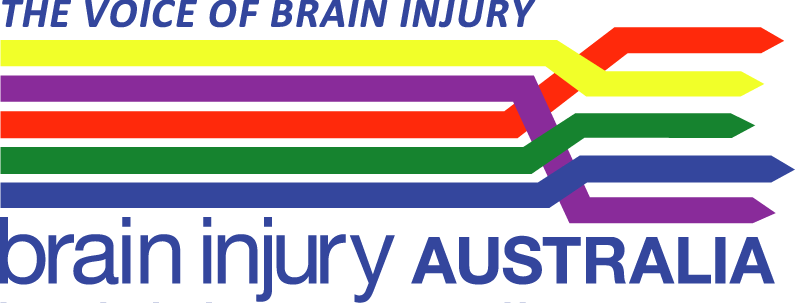- TOOLS FOR WORK
- Introduction
- T1 A person may have an ABI
- T2 Conversation tips
- T3 Looking for indicators of ABI
- T4 Strategies for
cognitive changes - T5 Case managers issues checklist
- T6 Sources of information
- T7 Individual program plan
- T8A Tips for
setting goals - T8B SMAARTER Goals
- T9 Managing and supervising staff
- T10 The disillusionment process
- T11 Preventing stress
- T12 Working with Families: Principles
- T13 Support workers:
WHS & Participant Risk - T14 Professional boundaries
- T15 Principles & Standards
- T16 Essential thriving guide
Tool 5: Case managers issues checklist
The following is a checklist a case manager can use to ensure they have considered all the relevant issues with a person with ABI when they are setting goals and developing plans.
History of accident and recovery
- date of injury
- type of injury
- period of unconsciousness/post traumatic amnesia (if TBI)
- type of accident (if TBI)
- rehabilitation history
Rehabilitation
- rehabilitation reports
- rehabilitation goals
- rehabilitation contact
Pre-morbid status
- pattern of behaviour
- education/employment
- social background
- medical issues
Status post-injury
- activities and daily living skills
- communication/language difficulties
- cognitive impairments
- personality/behaviour problems
- emotional states (depression, anxiety, anger)
- adjustment difficulties
- awareness of disability
- sexuality issues
- relationship issues
- medical issues (brain-injury related and non brain- injury related)
- medication
- substance use or abuse
- psychiatric status
Client's needs and goals
- identify and establish
Family and significant other assessment
- impact on the family
- relationship issues
- behavioural issues
- adjustment to disability issues, including understanding of disability
Issues
- recreation/leisure
- work/education
- accommodation
- respite care
- finances
- legal
- compensation
- other agencies.
(c) Copyright - See: Module 7. Case management - www.TBIStaffTraining.info

